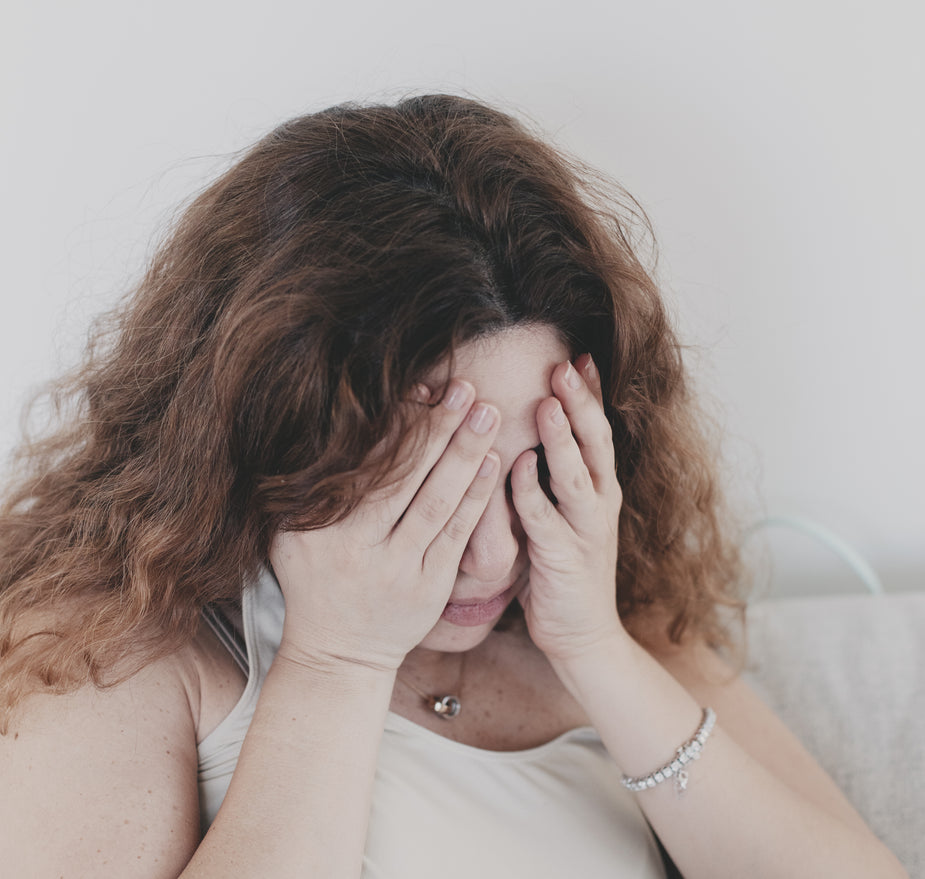Unless you experience persistent negative thoughts, you may not realize the little things that disrupt your functioning 1. These are some of the behaviors people experience when they have a decline in their mental health.
You Self-Medicate
When you lack the skills to deal with your emotional experiences, you learn and develop harmful habits or behaviors to escape or cope. Using drugs or alcohol to deal with your uncomfortable thoughts, feelings, or pain is a form of self-medication.
The benefits of self-medication are temporary. You may feel good at the moment, but you have not addressed the root cause. As such, the pain always returns. And you are more likely to repeat the cycle of self-medication or go to extreme lengths to escape or avoid.
Your Space Is Messy
Are you a person who always seems to lose something, be it your keys, cell phone, or glasses? Do they become lost under a stack of papers, swallowed by that pile of dirty laundry you meant to wash weeks ago, or tossed somewhere you cannot remember? (The latter may mean that you are not fully present, which could also mean poor mental health).
None of us are perfect, and neither are our home/work environments. It is typical for our spaces to occasionally look untidy, especially when we have a lot going on. However, if your space looks chaotic more than calm, there may be something else going on.
You Isolate Yourself
We are social creatures who need other people to help us meet our most basic social and emotional needs. Even introverts (people who need time alone to recharge and regroup) need social interaction.
However, when your mental health is in an unhealthy space, you may distance yourself from your friends or loved ones 2 There are several reasons why this happens. You may feel shame or guilt about your mental state, have poor coping skills, or trying to hide other maladaptive behaviors. Regardless of your reason, your result is usually a feeling of loneliness. Loneliness is an emotional response to the discrepancy between the social contact you want and the contact you actually receive 3.
You Feel Stuck
There are several reasons you feel stuck in life. For some people, this feeling is about a dead-end job, others an unfulfilled relationship, a traumatic experience, or not living in your purpose. Whatever the reason, if you have a persistent feeling of being stuck (and having trouble moving beyond a situation or experience) may be a sign of something more serious.
You Dislike Your Job
According to a job satisfaction survey, 43% of us are not fully satisfied with our jobs 5. There are several explanations. You may be in the wrong profession or a toxic work environment. Whatever the reason, feeling unhappy with your job can contribute to burnout, time spent away from work, mental health issues, and developing poor coping mechanisms 8 9
You’ve Neglected Yourself.
When was the last time you did something for yourself simply because you wanted to? Ask yourself where you fall on your list of priorities. If you are not #1, you may be neglecting yourself and your needs.
Self-neglect looks different for each of us. Maybe you stopped putting the time or effort into your outfits. Or you’ve let your trash pile up. Life can become fast-paced and feel overwhelming. In those instances, it is natural to push things off until you get the time. The problem arises when the neglect causes you to become reclusive or trauma response. If your situation is due to capacity and not limited time, you may have a problem 6.
Your Self-Image Changed.
Have you noticed a change in your confidence? Is your self-talk negative? If you answered yes, you might be experiencing a symptom of a mood disorder or psychiatric condition.
Low self-esteem is often associated with mood disturbances and conditions, such as anxiety disorders, depression, and poor coping mechanisms 7 It is common for people to experience changes in self-esteem and worth after a traumatic event, such as an assault. If you or someone you know has been a victim of domestic or sexual abuse, contact your local authorities.
Your Eating Habits Changed
Your eating habits and behaviors can change for many reasons. Perhaps you are training for a marathon. Or, maybe you recently decided to be more conscious about what you put into your body. The commonality between both scenarios is that you expect or anticipate this change. On the other hand, if your change is unexpected, you may be experiencing symptoms of a more significant mood disturbance or condition.
Chronic stress and mood disorders affect your brain and can change your eating behaviors and habits. For some people, these conditions change the way you experience sensations and desires around food. Some people eat less in response to stressors, while others eat more. These people tend to have a dysfunctional relationship with viewing food as a coping mechanism for stress (emotional eating) 4.
In Summary
At some point in our lives, we will experience a change in our mental health. For some people, this experience is our emotional response to something that has happened (or that we think will happen). It is important to remember that these experiences are temporary. It may not feel like it at the moment, especially when most of your energy goes to staying above water. There are resources and supports available for you to improve your mental state.

